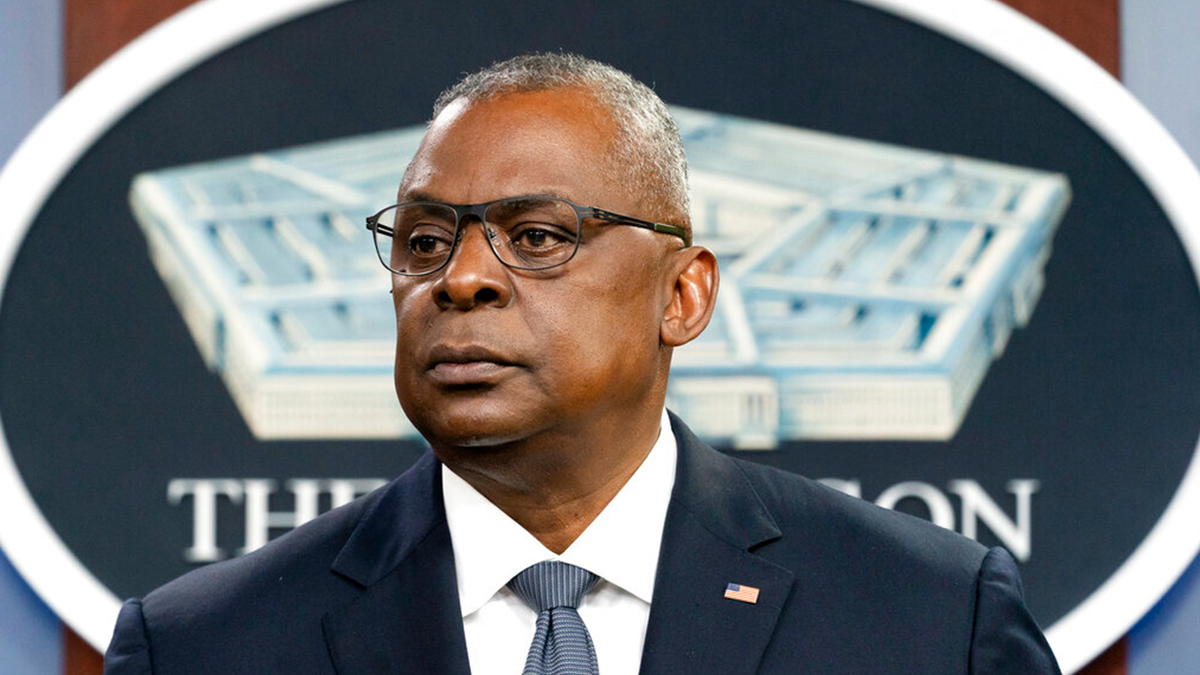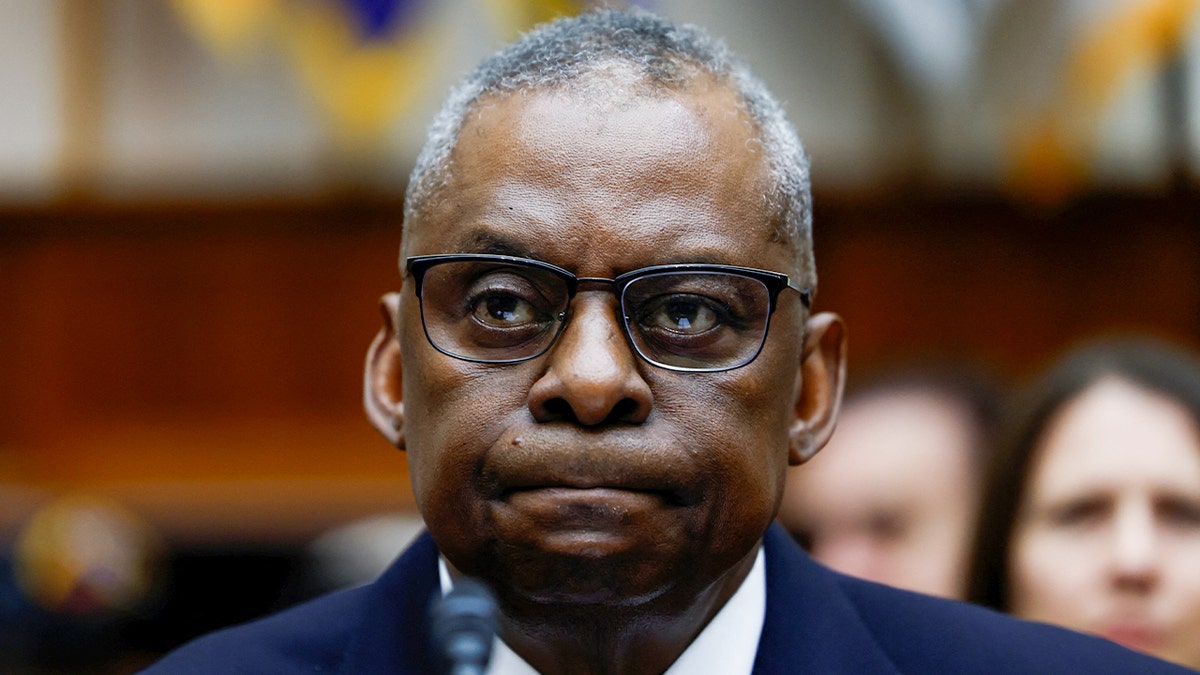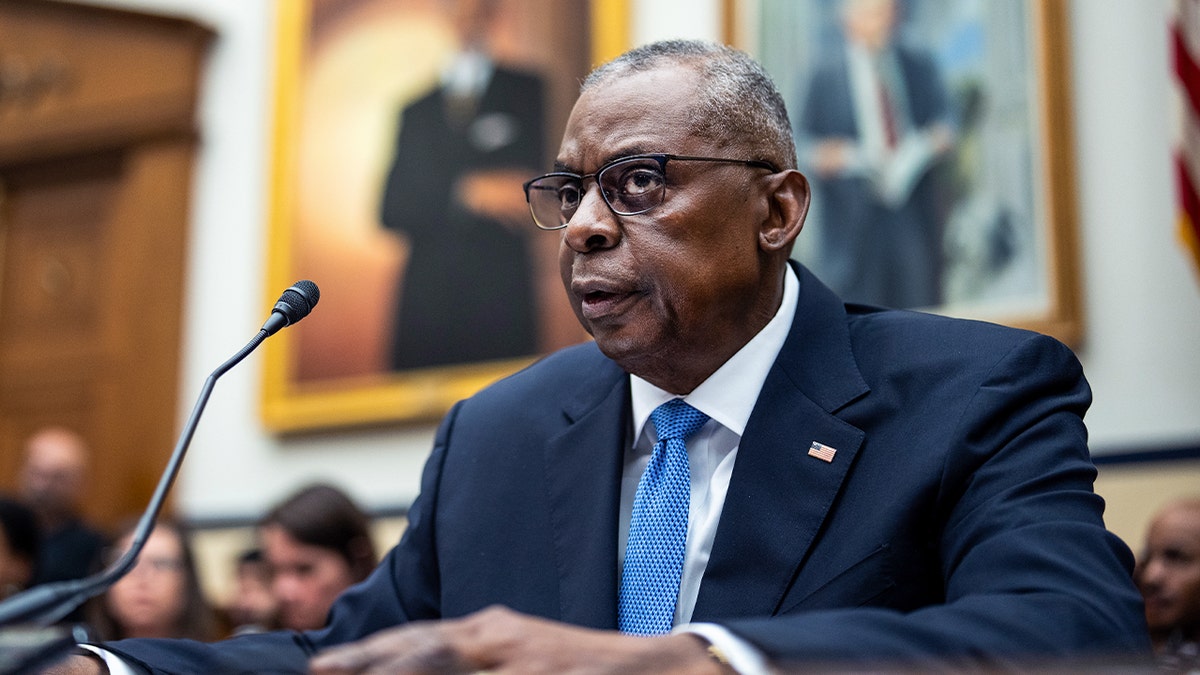A recent Department of Defense Inspector General (OIG) report reveals that Defense Secretary Lloyd Austin's undisclosed hospitalizations heightened national security risks for the United States. The report criticizes communication failures and delayed authority transfers within the Pentagon surrounding Austin's hospital stays in December 2023, January 2024, and February 2024.
The OIG's 188-page review points to Austin's desire for privacy regarding his medical condition as a major factor in the communication breakdown within the Defense Department, as well as between the Pentagon, the White House, and Congress. The report highlights that key figures, including Austin's chief of staff and Deputy Defense Secretary Kathleen Hicks, were unaware of his cancer diagnosis and December 2023 procedure. In fact, the vast majority of his staff were reportedly uninformed about his health issues and treatments.

The report details instances where Austin actively sought to keep his hospital visits confidential. On January 1, 2024, he reportedly requested no lights or sirens during his ambulance transport to Walter Reed and instructed his security detail to keep the incident quiet. Consequently, his staff remained unaware of the severity of his condition, even when he was transferred to the Surgical Intensive Care Unit on January 2nd.
On January 3rd, Austin's chief of staff, Kelly Magsamen, expressed concern via text message to his junior military assistant, urging greater transparency given Austin's position and the institutional responsibilities involved.

The OIG report also found that the transfer of Austin's authorities was delayed by several hours during his unexpected hospitalization on February 11, 2024, a lapse deemed critical given the severity of his condition.
The OIG has issued 20 recommendations to the Department of Defense to enhance processes related to leadership absence and urged prompt action. Inspector General Robert Storch emphasized the importance of these improvements for readiness, transparency, and mission fulfillment, calling them an “operational and national security imperative.”
Following the report's release, a senior defense official acknowledged Austin's error in judgment while denying any intentional cover-up or scandal. The official maintained that either the Secretary of Defense or the Deputy Secretary of Defense was consistently prepared to support the president.

In a February 2024 press conference, Austin himself admitted to mishandling the situation, apologizing for not informing the president, his team, and the public about his cancer diagnosis earlier.
Comments(0)
Top Comments